Making Our Mark - Celebrating 10 Years of Indigenous Business Month across Australia, has been the theme of October; recognising the achievements and contributions of Aboriginal and Torres Strait Islander businesses.
In Boorloo, Indigenous Business Month was celebrated with a special sundowner event organised by Christine Ross Consultancy managing director Christine Ross and Reconciliation WA, spotlighting the growth, diversity, and impact of Aboriginal businesses across Western Australia.
The Making Our Mark event highlighted the contributions of Indigenous business owners who are transforming their communities and industries.
As the organiser of this event for the past five years, Ms Ross emphasised the importance of creating visibility and networking opportunities, especially through Black Coffee.
"It's about showcasing just how amazing our Aboriginal businesses are," she said.
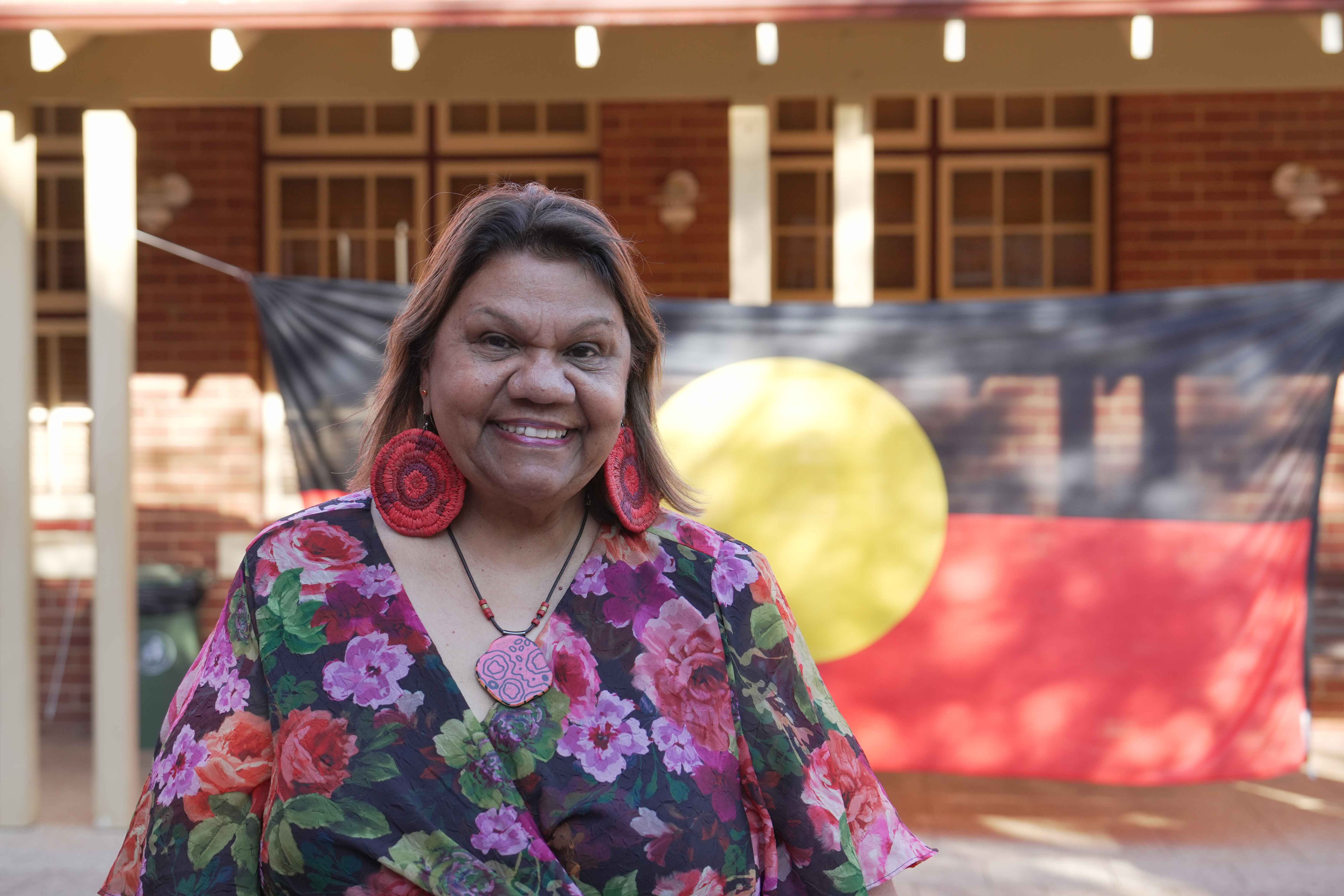
Black Coffee, a monthly Indigenous business networking event, has helped many Aboriginal businesses get their start.
"We invite everybody to come along, and that's beautiful," said Ms Ross.
"A lot of Aboriginal businesses have gone on to become so busy they can't even make it to Black Coffee anymore. It gives our mob a platform to showcase what they do."
Bindi Bindi Dreaming managing director and the keynote speaker for the evening, Marisaa Verma, shared her journey of resilience and growth as an Indigenous business owner.
"Bindi Bindi Dreaming was established in the year 2000, my business is about cultural tourism, sharing Aboriginal history and culture," she said.
Ms Verma's business educates people on Noongar culture and the Six Seasons through workshops and culinary tours.
"My business is about sharing cultural information with people who want to learn about Aboriginal history and culture," she said.
"Our people have been known for resilience, and if we find ourselves in a tough situation, there's something inside us that just pushes for the end goal—that's life, really."
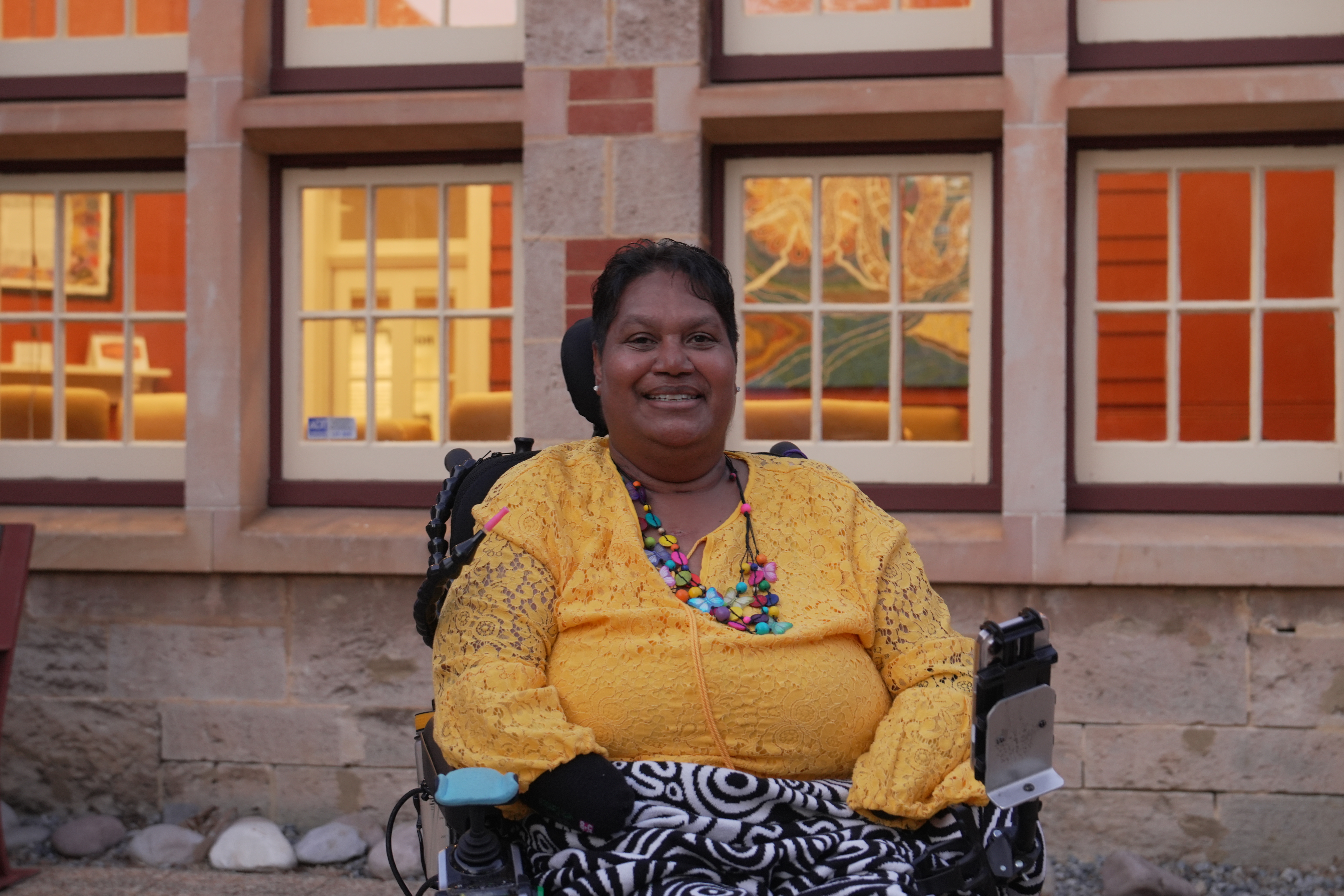
In 2022, Ms Verma faced a life-changing battle with a rare, life-threatening condition, enduring a long and challenging recovery from a life-threatening illness.
"I thought I was just closing my eyes, going to sleep, and going home, but I woke up the next day, not realising that 11 months had passed," she said.
She underwent over 30 surgeries and a lengthy recovery process, fighting to regain her strength and relearn basic skills. In her speech on Wednesday evening she reflected on her resilience, her growth as a business owner and the expansion of the Indigenous business sector.
Ms Verma noted that two decades ago the Indigenous business sector wasn't even measurable, and now the sector is worth at least $16billion.
"Our people have been known for resilience for a very long time. If we find ourselves in a tough situation, there's something inside us that just pushes for the end goal—that's life, really," said Ms Verma.
"As Aboriginal people get more confident, they're sharing their knowledge and teaching others, and it's just growing from strength to strength."
Ms Verma remains dedicated to Bindi Bindi Dreaming and plans to expand her work by launching a podcast to honour and preserve the wisdom of elders.
Her story is a testament to her strength, community support, and dedication to preserving Aboriginal culture through education and storytelling.
Wapaburra woman and founder of a cryogenics company established in 1993, Denise Edwards, shared her journey of building a national, 100 per cent Indigenous-owned business. Now based in Kwinana, her company supplies liquid nitrogen and medical oxygen nationwide, and recently expanded into industrial services.
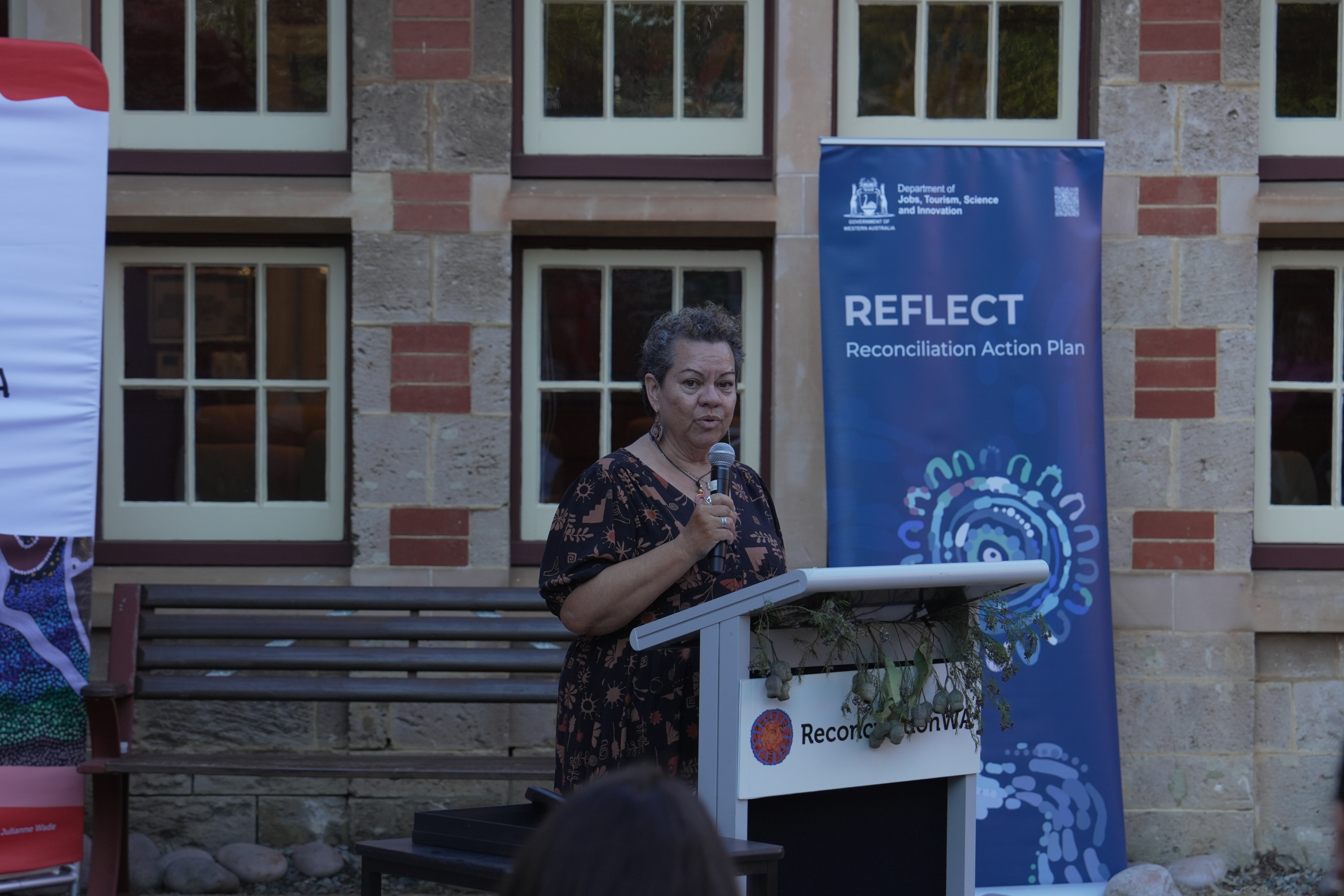
Ms Edwards, a recipient of the Order of Australia Medal, also sponsors Indigenous talent and integrates other Aboriginal businesses into her supply chain, fostering growth within the community.
Murray man and founder of Hose Right, Ben Chambers, discussed his business's growth as Australia's largest Indigenous-owned hydraulic hose supplier. He also operates culturally safe daycare centres under Kindy Dreaming, providing Indigenous children with a space in which to connect with their heritage.
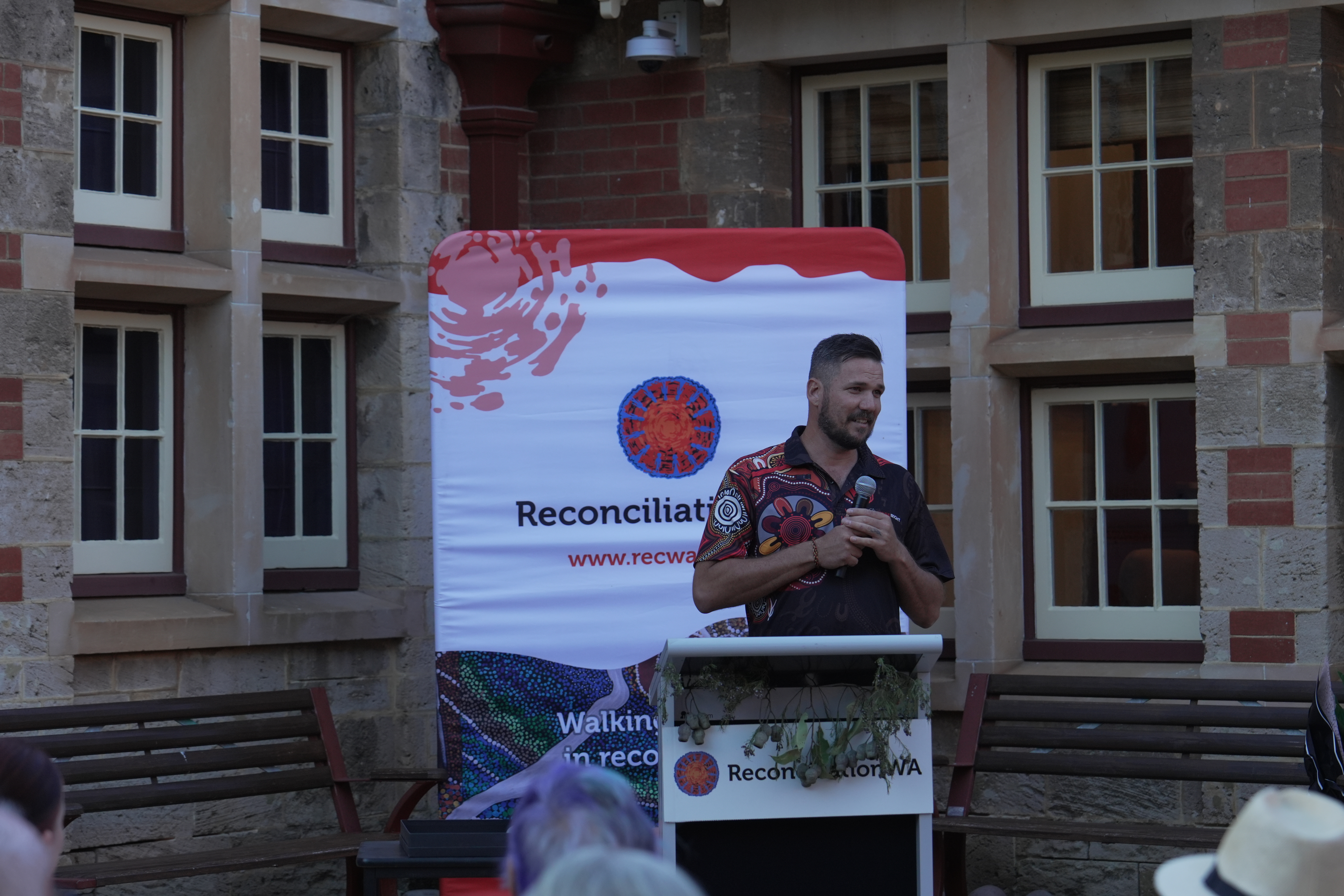
Mr Chambers emphasised the importance of supporting children and families, even offering a bus service that provides transportation for vulnerable kids to daycare.
Co-founder of Bunbara, one of the few female-owned Indigenous businesses in the oil and gas sector, Nikki Barney-Irvine spoke about her dedication to increasing Aboriginal student representation in universities.
Her business now employs seven people and actively supports scholarships and sponsorships for Indigenous students and sports events, aiming to uplift the next generation.
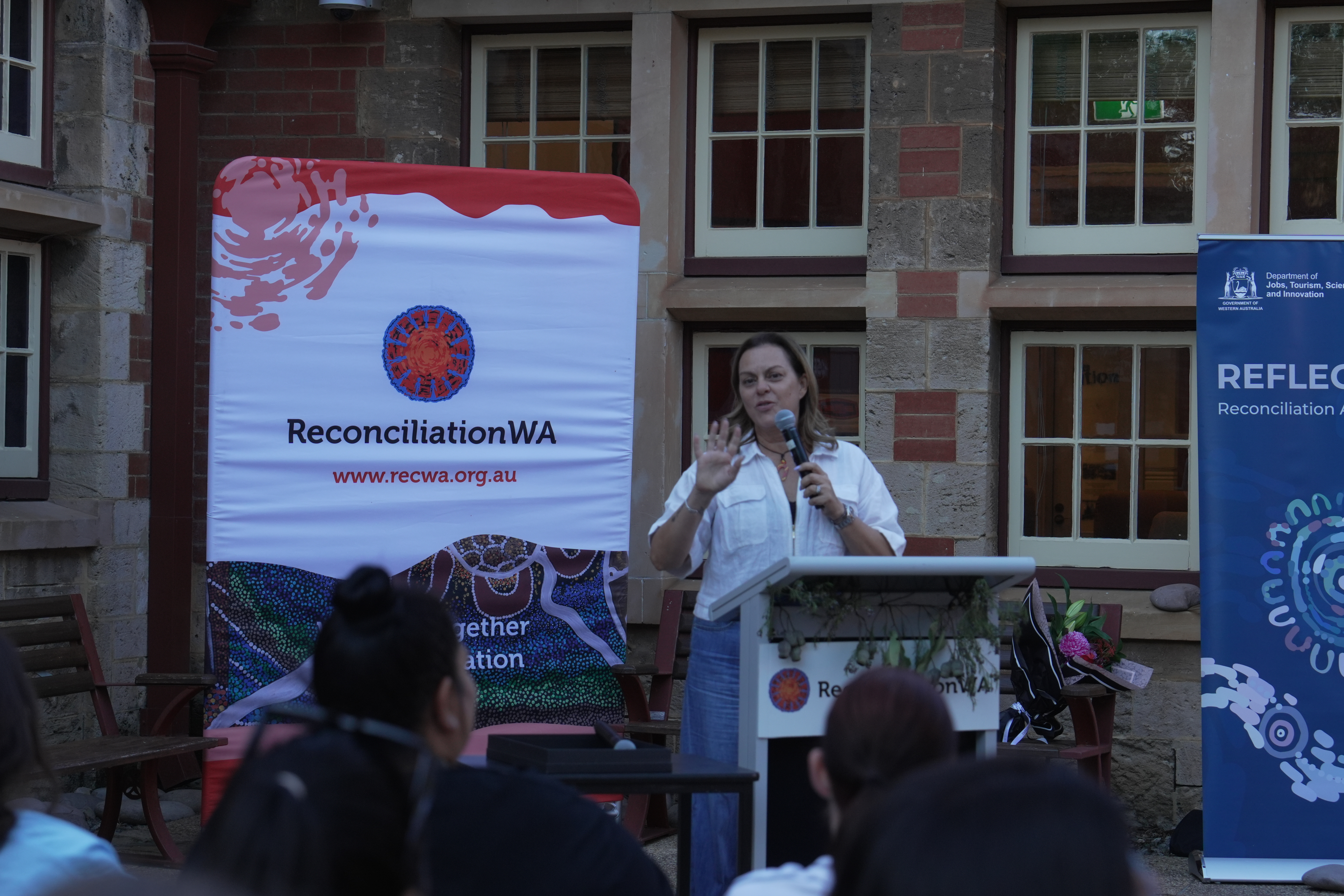
Founder of a wine business and advocate for Indigenous women in mining, Florence Drummond, spoke about her journey and commitment to community. After years in the mining industry, Ms Drummond launched her business in wine production earlier this year, aiming to promote self-care and inspire others.
She founded Indigenous Women in Mining in 2012 and continues to mentor and support emerging Indigenous businesses.
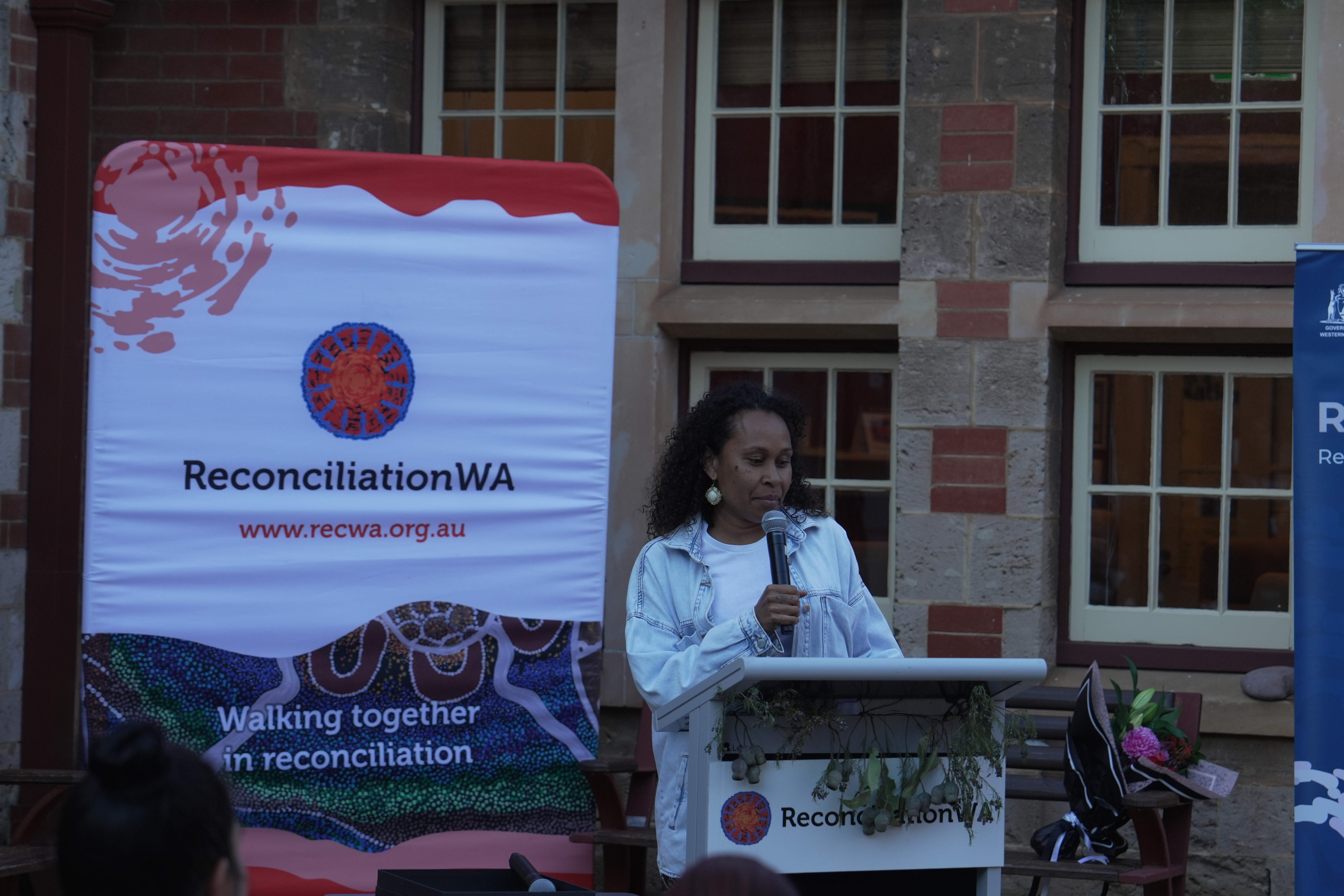
Ms Ross highlighted the significance of supporting Indigenous businesses and called for more accessible funding.
"We could all do with seed funding, but to get a little bit of money from the big players, you've got to jump through a lot of bureaucratic hoops," she said.
"Freeing up funds and making it easier for us would make a huge difference."
Reflecting on the resilience and determination of Indigenous business owners, Ms Ross highlighted the determination of indigenous Business owners.
"This is self-determination here. The first ones to sponsor tonight's event were Aboriginal businesses, not the corporates. More mainstream audiences need to know just how incredible these businesses are."
The evening concluded with raffles, networking, and heartfelt acknowledgments, celebrating the strength and impact of Aboriginal businesses.
Each speaker's story highlighted resilience, innovation, and a shared commitment to uplifting future generations, marking a substantial contribution to both their industries and communities.
